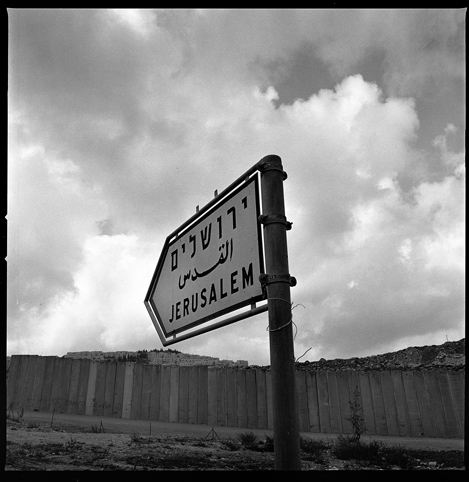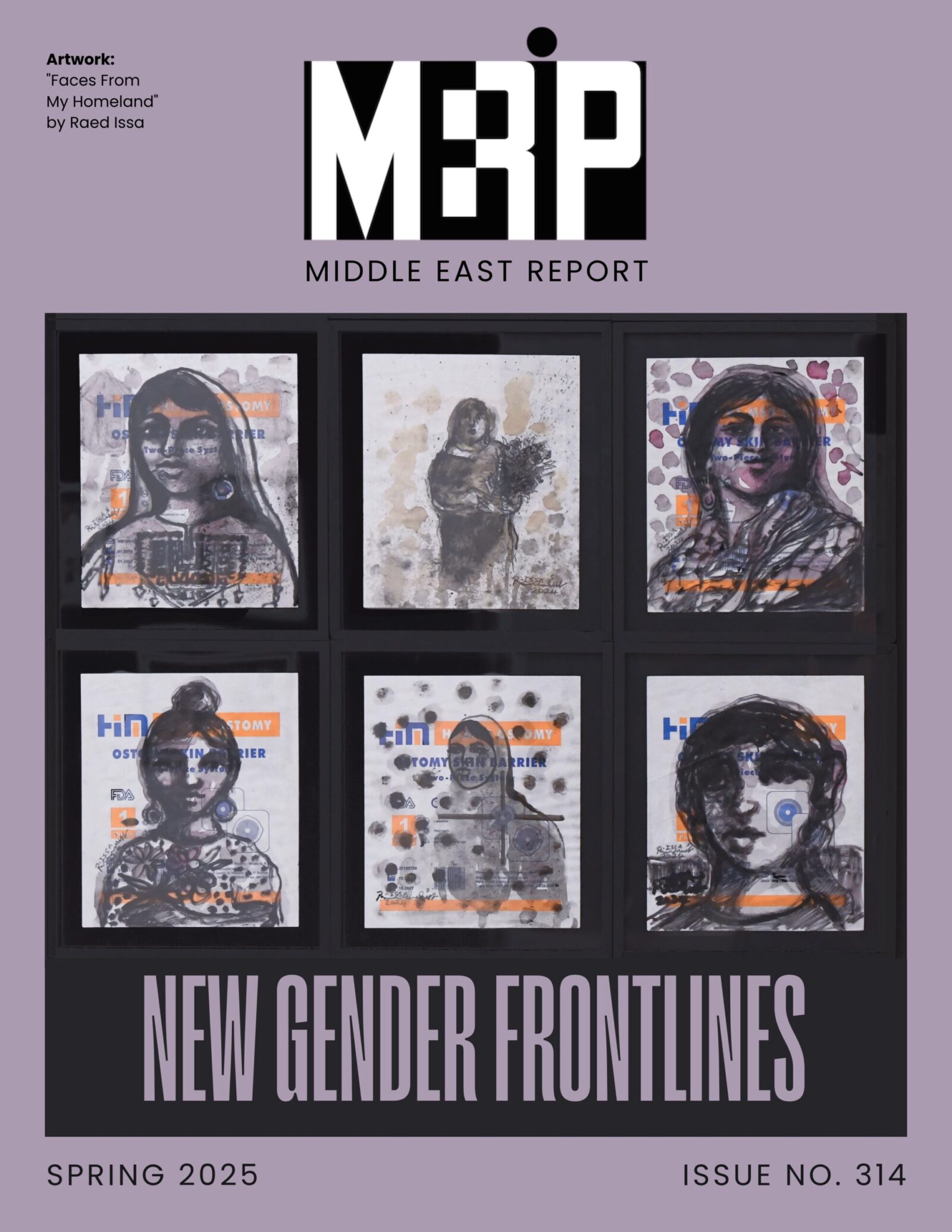IN THIS ISSUE:
Leadership Gone Awry
In representative democracies, elections allow the peaceful replacement of leaders, infuse government with new blood, legitimize both winners and losers, and restore public faith in democracy. More importantly, “the people’s voice” is cast as the ultimate check on national leaders whose power has grown too strong. In practice, there are a number of problems with this ideal—“the people’s voice” is identified with the majority, perhaps at the expense of minorities; it is inarticulate; and often it actually channels rather than challenges the wishes of rulers. [1] Do the twin general elections held in Turkey over the course of five months in 2015 confirm or rebut these key assumptions about representative democracy?
Water Blues
Two quiet but revealing developments related to Middle East water were announced in the spring and summer of 2015. On February 26, Israeli and Jordanian officials signed an agreement to begin implementation of the long-awaited and controversial Red Sea-Dead Sea Water Conveyance Project. And, on June 9, a civil society-based coalition led by EcoPeace, a regional environmental NGO, released the first ever Regional Master Plan for Sustainable Development in the Jordan Valley. The two schemes represent very different approaches to solving water problems in the region—the first is an old-school engineering fix requiring massive new infrastructure, while the second is a river restoration project rooted in sustainable development principles.
The Invisible Alienation of Tunisian Youth
The mood in Tunisia was tense after Ramadan, a month after 38 tourists were killed in the beach resort of Sousse at the end of June. Key buildings on the capital’s main boulevard, Habib Bourguiba Avenue, including the Ministry of Interior, were surrounded with barbed wire and conspicuous police protection. Parliament had just passed a counter-terrorism law criticized by local and international human rights associations for granting extraordinary powers to security agencies.
“ISIS Is One Piece of the Puzzle”
Yifat Susskind is executive director of MADRE, an international women’s human rights organization based in New York. Jillian Schwedler spoke with her on October 28, 2015, the week after Yanar Mohammed, head of MADRE’s partner group the Organization of Women’s Freedom in Iraq (OWFI), testified before the UN Security Council about women’s vital role in sustainable peacebuilding and about the task of sheltering women fleeing sexual violence, including from areas controlled by ISIS.
What are the basic challenges for your work in Iraq, where the state does not fully function?
CURRENT ANALYSIS
The Arab Bank and Washington’s Protectorate in the Levant
One stated justification for US strikes in Syria and Iraq is to protect the Hashemite Kingdom of Jordan.
Sisi at the UN
The Next Round of an Unwinnable War Beckons
Once again, a U.S. president vows to eliminate an extremist militia in the Middle East to make the region, and Americans, safe.
And that means it’s time again for a reality check. Having failed in its bid to destroy the Taliban and al-Qaeda in Afghanistan, the United States is still trying to dismantle both organizations. Over the course of 13 years of war, that mission has spread to Syria, Iraq, Yemen, Somalia, Libya, Mali, and West Africa, as militant groups on two continents have adopted the al-Qaeda brand.
LATEST ISSUES
FEATURED PRIMER

Primer: Palestine-Israel
Read the newest iteration of MERIP’s Palestine primer. Published in March 2025, and updated to reflect developments in the ten years since our previous primer, it provides an overview of key actors, organizations, historic events, political developments and diplomatic initiatives that have shaped the status and fate of Palestinians and the State of Israel from the late nineteenth century to the present.


